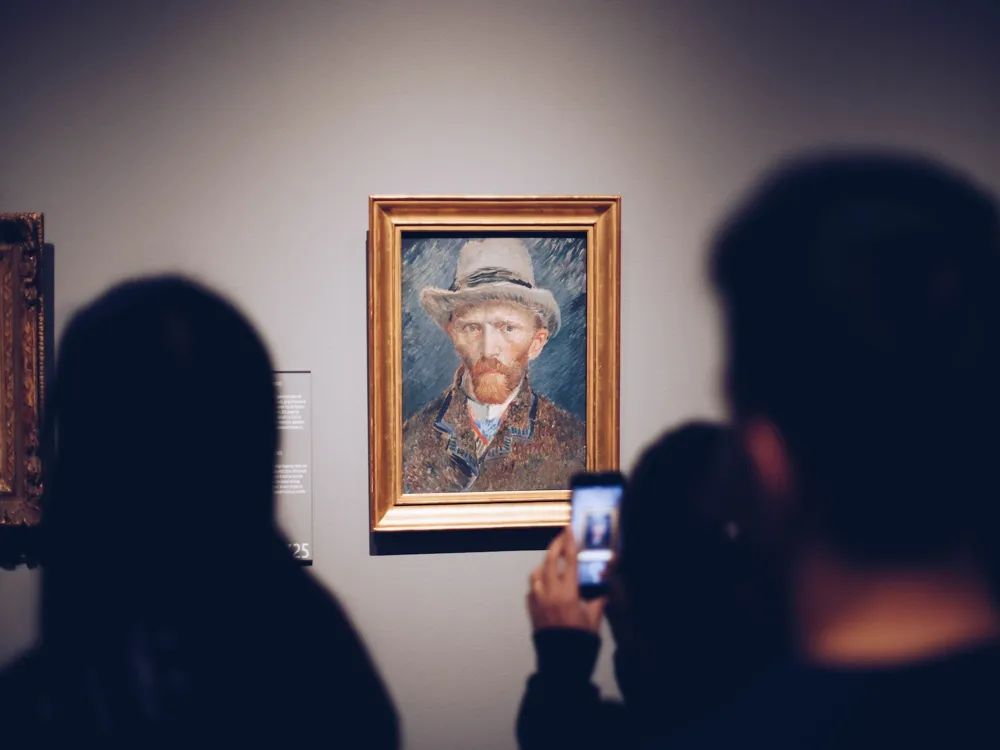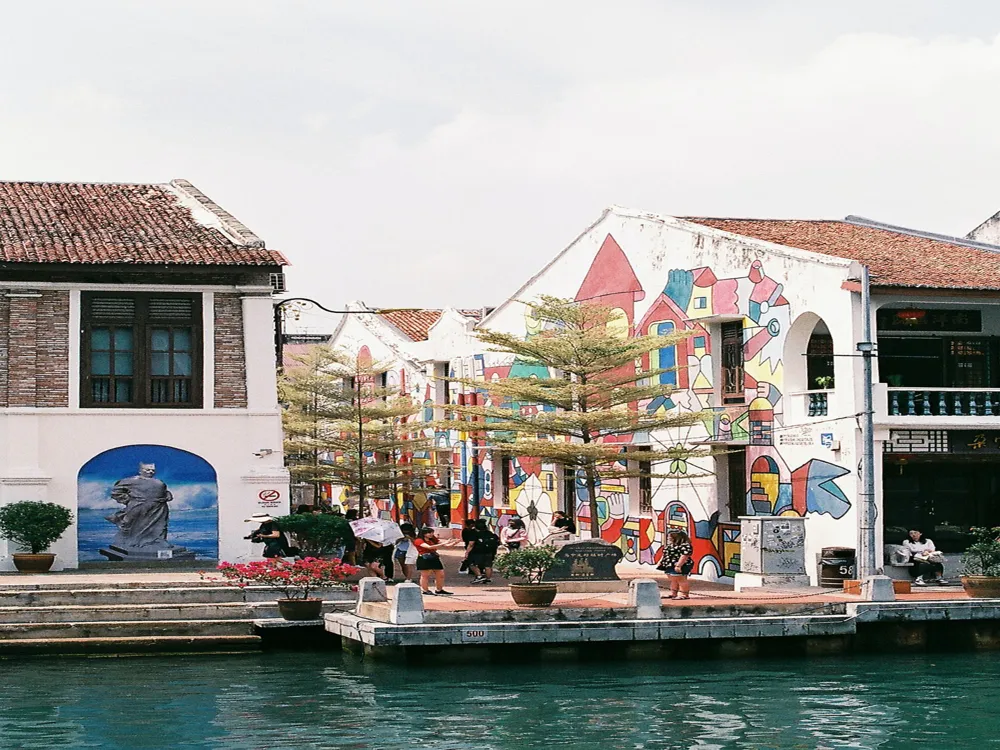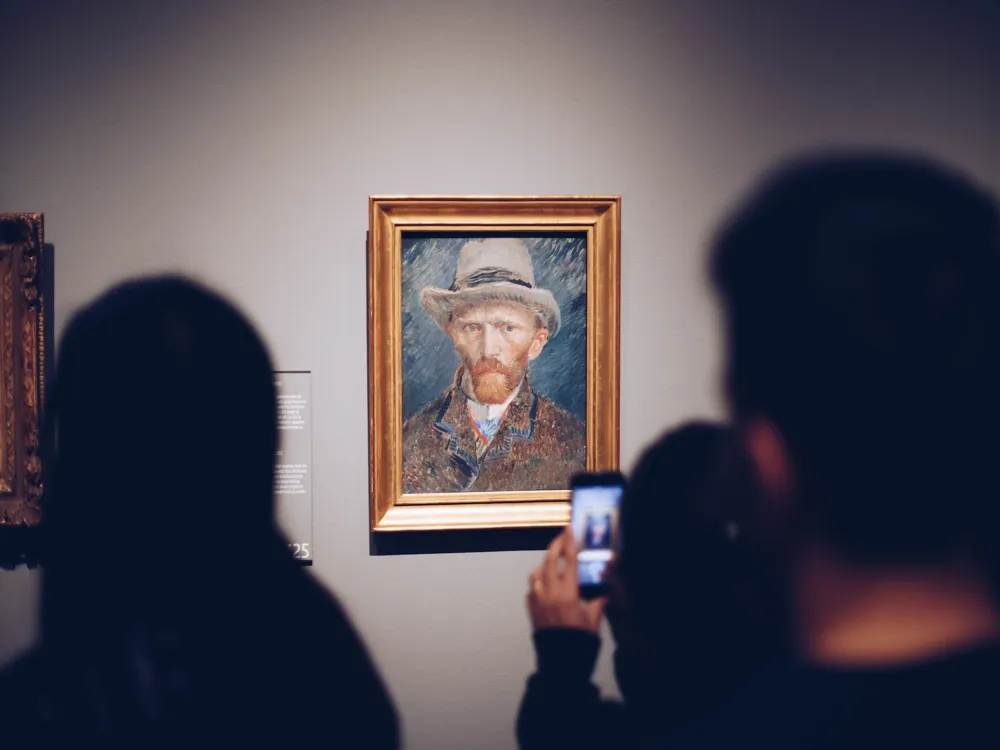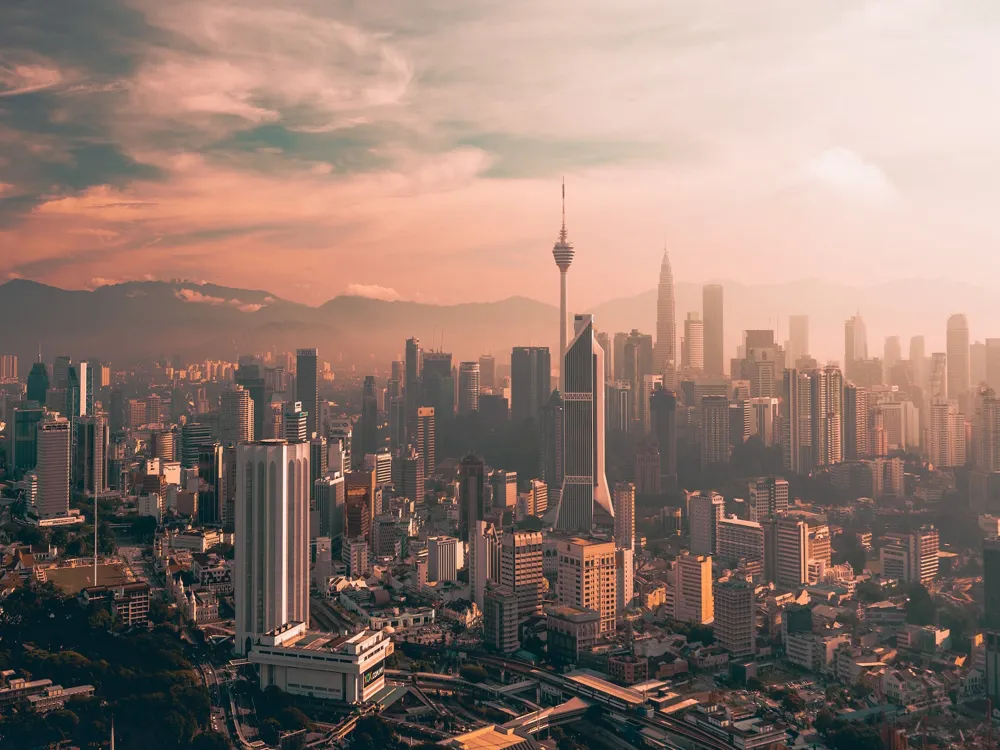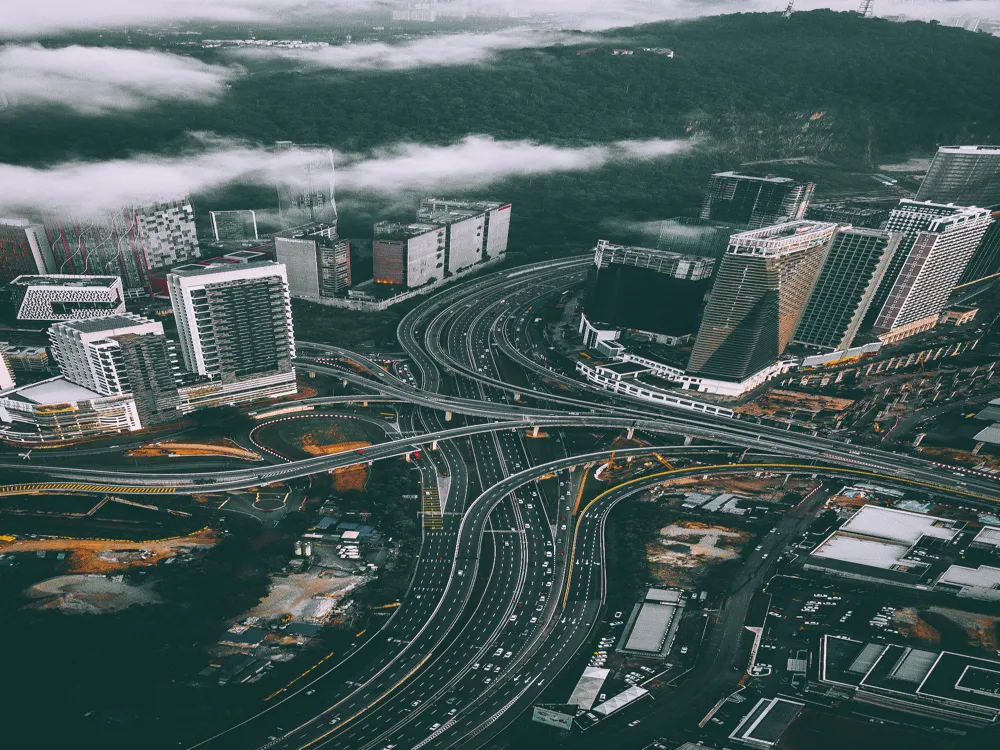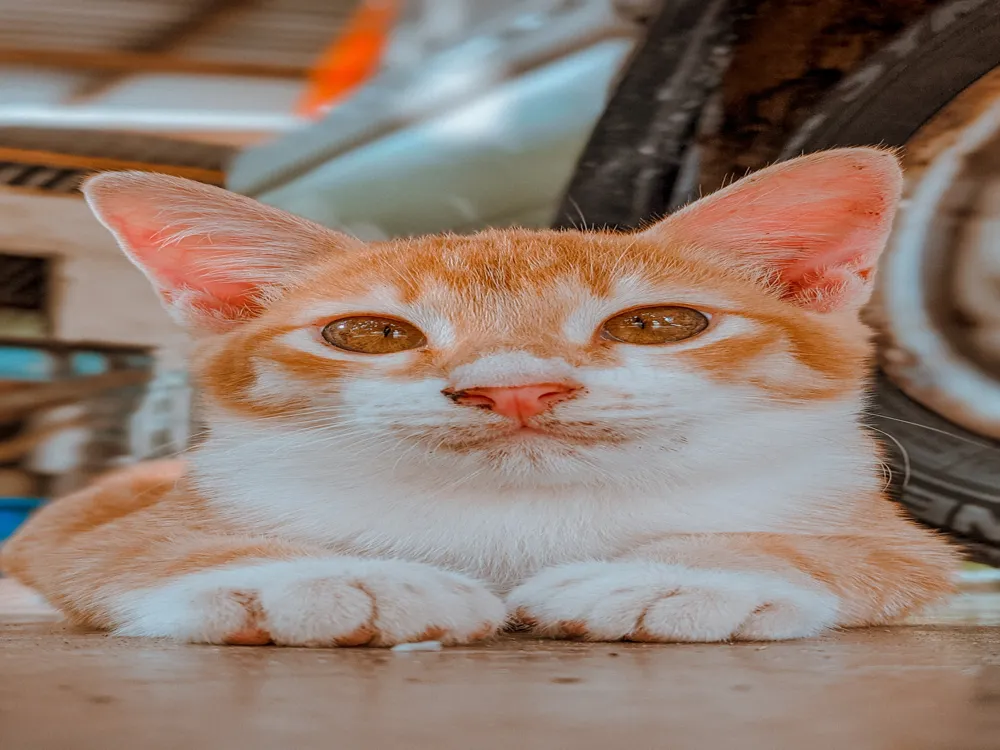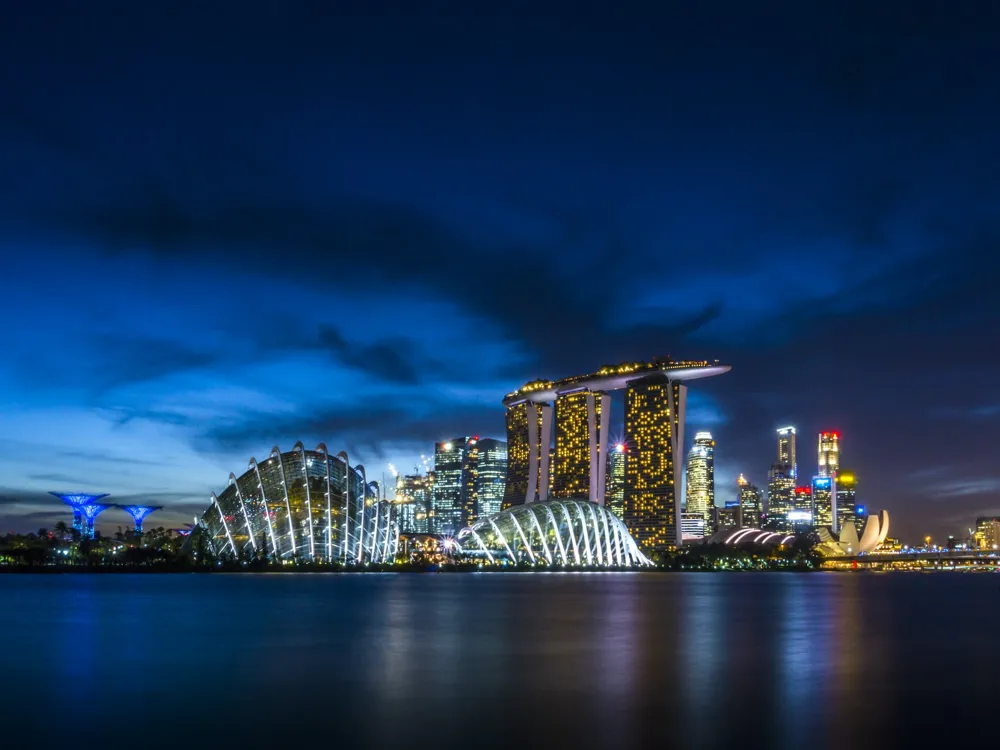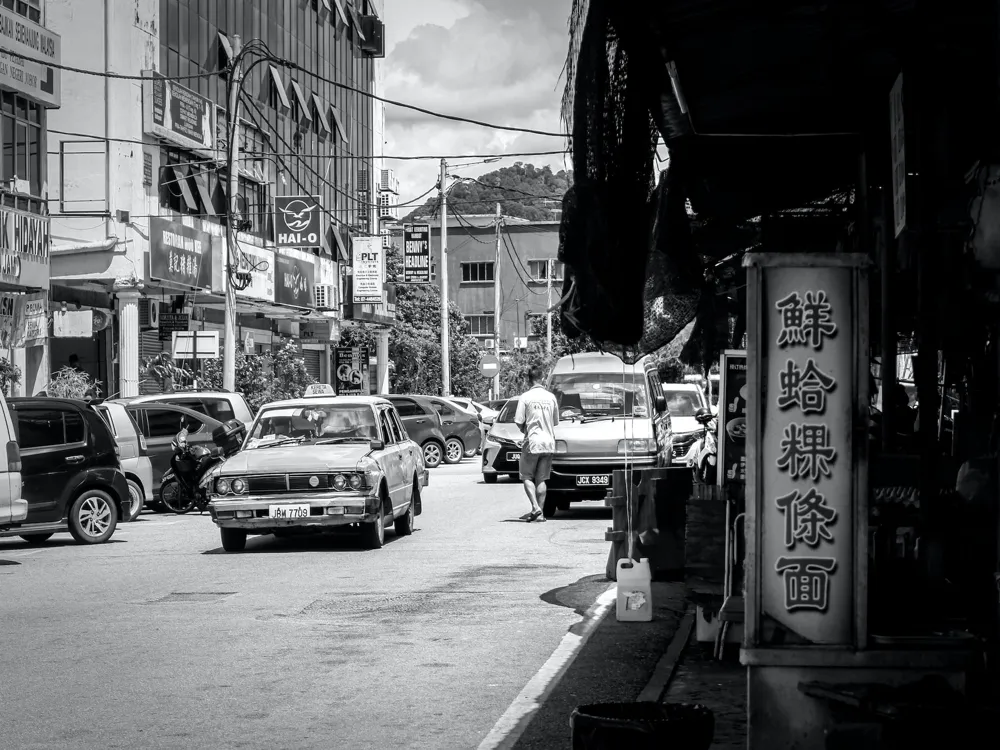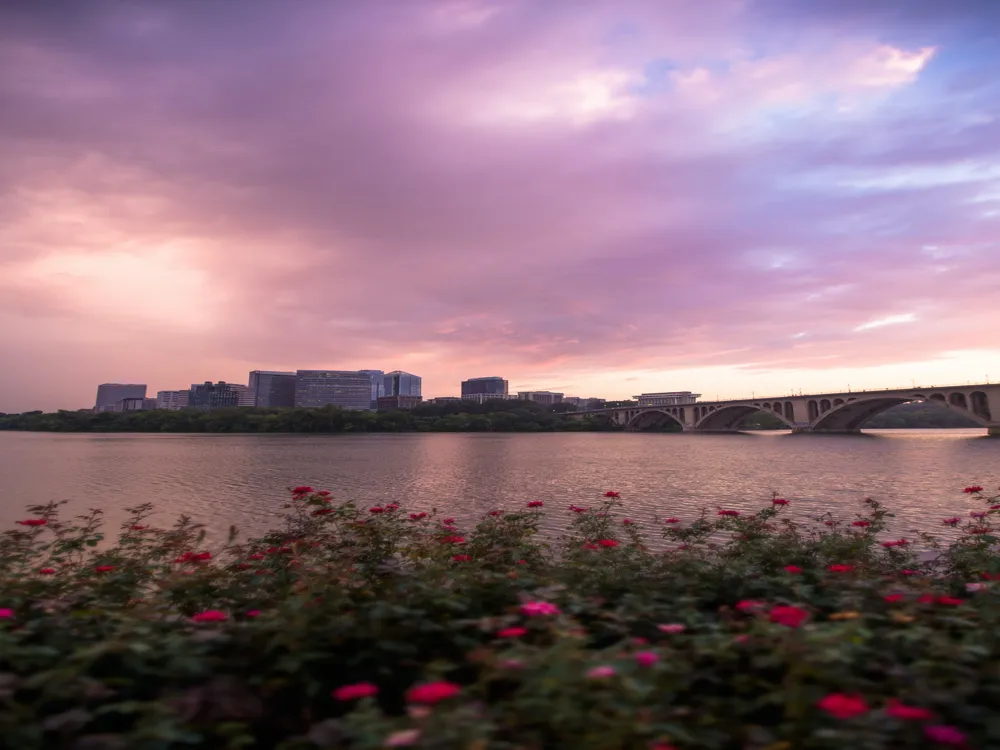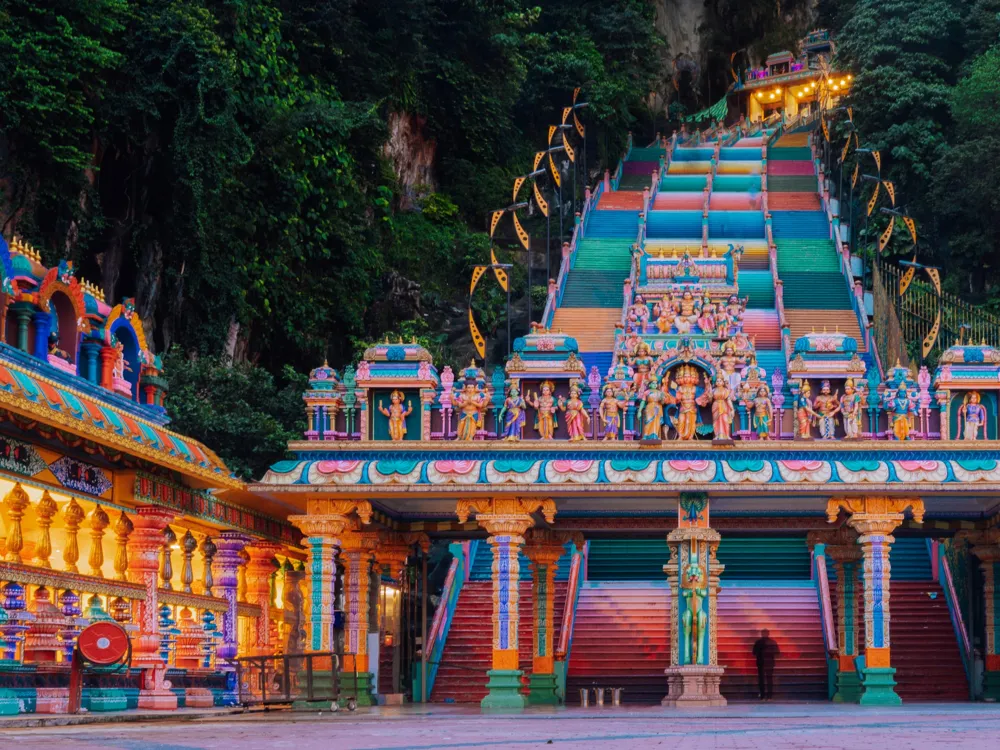Jonker Street, located in the heart of Melaka, Malaysia, is a vibrant epicenter of culture, history, and gastronomy. This historic street, also known as Jalan Hang Jebat, serves as a living testament to Melaka's rich multicultural heritage, stemming from its days as a bustling trading port. Influences from the Malay Sultanate, Portuguese, Dutch, and British eras fuse together, creating a unique cultural tapestry that is evident in every aspect of Jonker Street.
The street's history dates back to the 17th century, during the Dutch colonial period. It was a residential area for the wealthy, predominantly occupied by Peranakan traders, known for their unique blend of Chinese and Malay cultural heritage. Today, Jonker Street is famous for its night markets, antique shops, and traditional Peranakan architecture, attracting both local and international tourists.
As you stroll down Jonker Street, you're immediately enveloped in an atmosphere brimming with history. The architecture is a visual feast, showcasing traditional Peranakan shop houses, with their distinctively ornate facades, intricate tile work, and wooden shutters. These buildings not only embody the cultural synthesis of the Peranakan people but also reflect the changes that Jonker Street has undergone over the centuries.
The street is not just about sightseeing; it's a culinary haven for food enthusiasts. From traditional Peranakan dishes to Malaysian street food staples, the flavors of Jonker Street are as diverse as its history. The area is particularly famous for its 'Nyonya' cuisine, a fusion of Chinese and Malay culinary traditions.
The vibrant nightlife of Jonker Street is another aspect that shouldn't be missed. The famous Jonker Walk Night Market, held during weekends, transforms the street into a lively bazaar filled with hundreds of stalls selling everything from local delicacies and handicrafts to vintage collectibles. The street performers, playing traditional and contemporary music, add to the lively ambiance, making it a perfect spot for experiencing Melaka's nightlife.
Jonker Street is more than just a tourist destination; it's a living museum that tells the story of Melaka's past and present. It's a place where every corner holds a piece of history, every cuisine tells a story, and every visit leaves you with unforgettable memories.
The architecture of Jonker Street in Melaka is a vivid reflection of its multicultural history. This historic street is lined with buildings that are a blend of indigenous Malay, traditional Chinese, and European colonial architectural styles, creating a unique streetscape that is both charming and historically significant.
The most iconic architectural features of Jonker Street are the Peranakan shop houses. These narrow, terraced buildings typically feature two to three stories and are characterized by their brightly colored facades, ornate carvings, and intricate tile work. The ground floors of these shop houses were traditionally used for business, with the family living above. This design not only maximizes space but also creates a lively street environment.
The facades of these buildings are a testament to the skill and creativity of their builders. They often feature a mix of European baroque and rococo elements, Chinese porcelain tile decorations, and Malay timber fretwork. The fusion of these diverse architectural elements is what makes the shop houses of Jonker Street so unique and visually stunning.
Another notable feature of these buildings is the 'five-foot way' – a covered walkway that runs in front of the shop houses. This architectural element, introduced by the Dutch, serves as a shelter for pedestrians from both the sun and rain, fostering a sense of community and interaction among the residents and visitors.
Beyond the shop houses, Jonker Street is also home to several historical landmarks, such as the Cheng Hoon Teng Temple, the oldest functioning Chinese temple in Malaysia, and the Baba Nyonya Heritage Museum, which showcases the history and culture of the Peranakan community. These structures further enrich the architectural diversity of the street, each telling its own story of the cultural and religious history of Melaka.
The architecture of Jonker Street is more than just an aesthetic appeal; it is a physical narrative of Melaka's history, symbolizing the convergence of different cultures and traditions. For architecture enthusiasts and history buffs alike, a walk down Jonker Street is like stepping back in time, offering a glimpse into the rich tapestry of cultures that have shaped this historic city.
Jonker Street is vibrant and lively throughout the year, but the best time to visit is during the weekend when the famous night market is in full swing. The market usually starts in the late afternoon and continues well into the night. Visiting during major festivals like Chinese New Year or Hari Raya can also be particularly rewarding, as the street is festooned with decorations and there are often special performances and events.
As Jonker Street is in the heart of Melaka's historic district, parking can be challenging, especially during peak times. It's advisable to use public transport or park your vehicle in designated areas outside the district and then walk or take a trishaw to Jonker Street. This not only eases congestion but also gives you a chance to enjoy the scenic surroundings.
Jonker Street is known for its array of shops selling antiques, crafts, and souvenirs. Don't hesitate to bargain, as it is a common practice here. However, do so respectfully and remember that a good deal is when both parties are happy with the transaction.
The street offers a plethora of dining options, from street food stalls to quaint cafes. Be adventurous and try local specialties like chicken rice balls and Nyonya laksa. Also, keep an eye out for the famous cendol dessert, a perfect treat to cool down in the tropical heat.
While exploring Jonker Street, be respectful of local customs and traditions. When visiting religious sites, dress modestly and remove your shoes where required. Always ask for permission before taking photos of locals or private properties.
Jonker Street is easily accessible from various parts of Melaka. If you're staying in the city center, the street is within walking distance from most hotels. For those coming from outside Melaka, buses and taxis are available from the Melaka Sentral bus terminal, which is the main transportation hub of the city. The journey from the terminal to Jonker Street is about 15 minutes by car or taxi. For a more scenic route, consider taking a river cruise that offers a beautiful view of the Melaka River and drops you close to Jonker Street.
Overview of Jonker Street, Melaka
Architecture of Jonker Street
Tips When Visiting Jonker Street
Best Time to Visit
Transport and Parking Tips
Shopping and Bargaining
Food and Dining
Cultural Etiquette
How To Reach Jonker Street
Jonker Street
Melaka
NaN onwards
View melaka Packages
Melaka Travel Packages
View All Packages For Melaka
Top Hotel Collections for Melaka

Private Pool

Luxury Hotels

5-Star Hotels

Pet Friendly
Top Hotels Near Melaka
Other Top Ranking Places In Melaka
View All Places To Visit In melaka
View melaka Packages
Melaka Travel Packages
View All Packages For Melaka
Top Hotel Collections for Melaka

Private Pool

Luxury Hotels

5-Star Hotels

Pet Friendly








